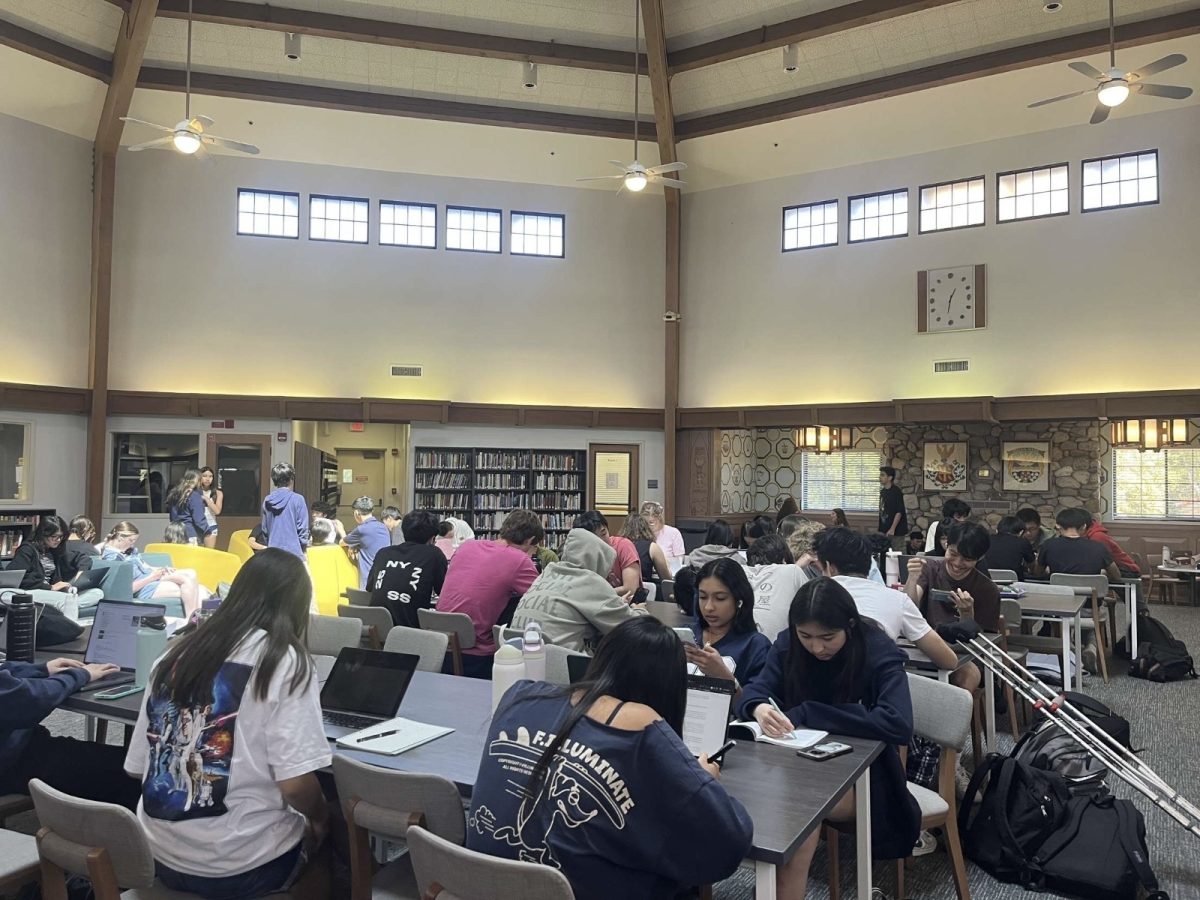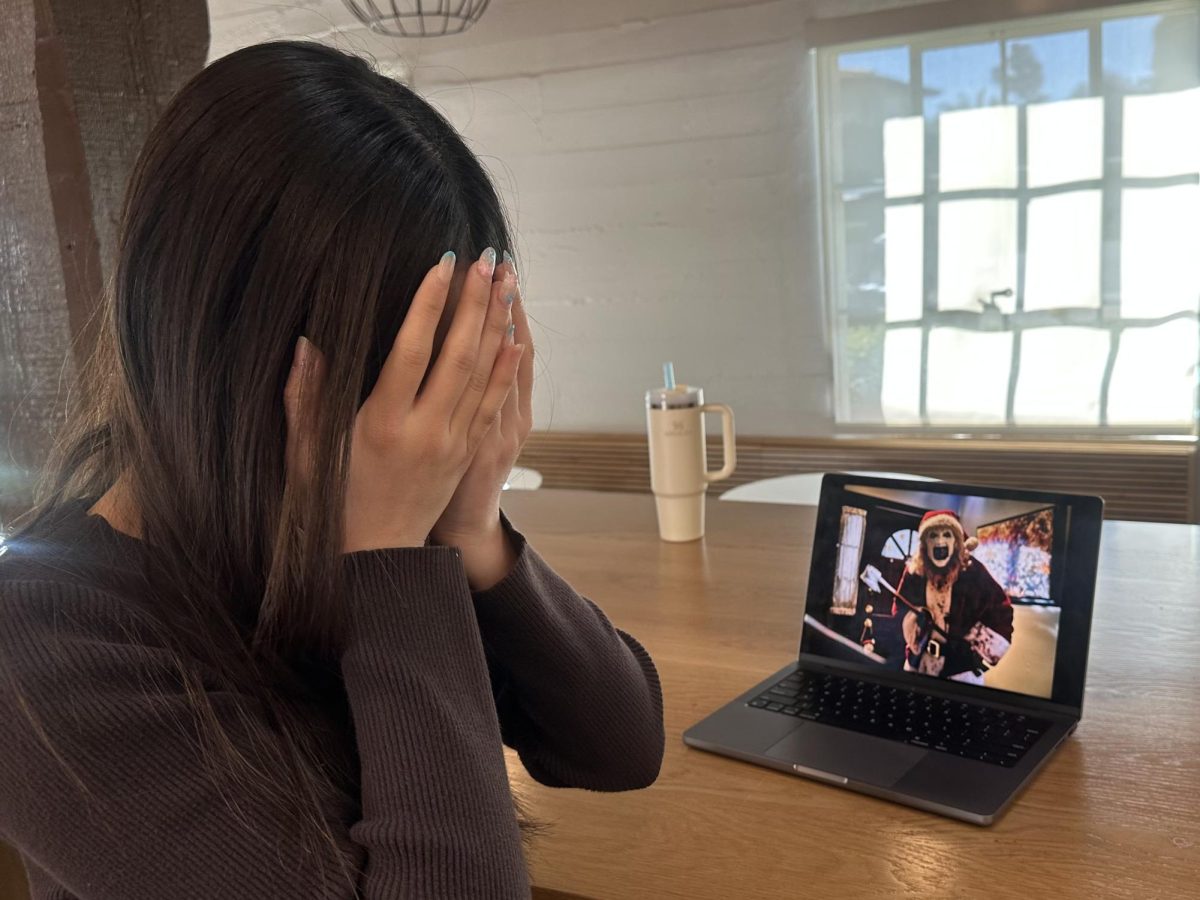When paper cups are disposed of in landfills, they decompose without oxygen, producing methane, a potent greenhouse gas. The increased disposal of paper cups contributes to waste management challenges as landfill spaces continue to decrease. To help prevent global warming, Webb recently decided to reduce the number of paper cups available for community use.
Many Webb faculty members addressed issues regarding reducing the paper waste that contributes to air pollution. Ken Rosenfeld, Dean of Campus Life, sent out an email on November 7th, 2024, stating that our community has used over 6,000 paper cups over one week.
“I thought that 6,000 cups are way too many…I figured that it would [be a] good idea to keep the community aware of how many cups we are using and encourage them to use reusable cups,” Mr. Rosenfeld said.
Mr. Rosenfeld hoped that through providing valuable information on this issue, he could spread awareness of environmental sustainability and encourage communal behavior change in the Webb community. He also wishes to address the absurd number of paper cups used, which, beyond harming the environment, is also a waste of money.
Nika Haleftrias, science department faculty, gave scientific insight into the damage paper cups cause, not just on campus but on the environment in general. Her background in environmental science helped capture her perspective.
“The ways things break down in landfills would produce things like methane. The bacteria that live there produce methane, which is super high in global warming potential,” Ms. Haleftiras said. “In consideration of global warming, the temperatures will rise because the heat gets trapped.”
Along with the concerned faculty, many student activists conveyed their opinions on the matter. Victor Zhang (‘27), a student environmentalist, supports Mr. Rosenfeld’s cause in his own way by hosting club events and sharing his thoughts with the school’s administration team regarding the issue.
“Even though they are reusable paper cups, there are plastic components,” Victor said. “They’re not 100% eco-friendly, so reducing paper waste in general is a good idea.”
Victor’s ideas about making the school more environmentally friendly relate to the issue of paper cups because of the amount of waste we produce. His club, the Native Plant Society, noticed that all the waste produced by what? would go to landfills and pile up little by little. Last year, they took the initiative to write emails to Mr. Rosenfeld to start spreading the harm. The harm from paper cup waste would cause a huge amount of unwanted greenhouse gases that cause air pollution. The production of paper cups also requires an abundance of trees to manufacture paper, leading to deforestation.
Overall, new encouragements were made to help limit landfill overload. Webb’s commitment signifies the promotion of spreading useful information to limit air pollution. The mission of this encouragement is to spread a message to the students about the harm.


![Martin Beseth (‘27) angrily educates Ethan Xi (‘27) about over-relying on paper cups as they produce unnecessary waste. Webb started to advocate for the community to decrease the number of paper cups used. “I think [Webb is] taking a huge step towards stopping the deforestation of trees ...and helping the environment,” Martin Beseth (‘27) said. The attention brought to the community prompts new opinions among students on using fewer paper cups.](https://webbcanyonchronicle.com/wp-content/uploads/2024/12/Meng-Paper-cup-reductions-1200x900.jpeg)












